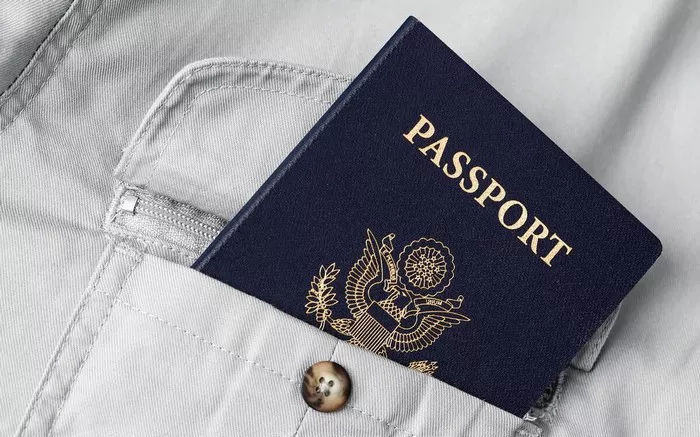Obtaining a United States green card, officially known as lawful permanent residency, is a significant milestone for individuals seeking to establish a long-term presence in the country. It offers a pathway to numerous opportunities, including the ability to live and work permanently in the U.S. However, securing a green card is not an automatic right; rather, it is contingent upon meeting specific eligibility requirements outlined by U.S. immigration laws. Understanding these criteria is crucial for individuals navigating the green card application process.
What is a Green Card?
Before delving into eligibility criteria, it’s essential to grasp the significance of a green card. A green card signifies lawful permanent residency in the United States. It grants individuals the right to live and work permanently in the country, providing a pathway to citizenship after meeting certain requirements. Green card holders enjoy many of the same rights and privileges as U.S. citizens, including access to education, healthcare, and employment opportunities.
Eligibility Categories
The U.S. immigration system provides various pathways for individuals to obtain a green card. Eligibility is primarily determined based on family relationships, employment, refugee or asylum status, and other special categories. Let’s explore each of these categories in detail:
1. Family-Based Immigration:
Family-based immigration allows U.S. citizens and lawful permanent residents to sponsor certain family members for a green card. Eligible relatives typically include spouses, children, parents, and siblings. The process involves the sponsoring individual filing a petition on behalf of their family member and demonstrating the bona fide nature of the relationship.
2. Employment-Based Immigration:
Employment-based immigration is designed for individuals who have job offers or possess specific skills that are in demand in the United States. There are several preference categories within the employment-based immigration system, including priority workers, professionals with advanced degrees or exceptional abilities, skilled workers, and certain special immigrants. Employers often play a significant role in sponsoring foreign workers for green cards.
3. Refugee or Asylee Status:
Individuals who have been granted refugee or asylee status in the United States may be eligible to apply for a green card after meeting certain requirements. Refugees are individuals who have fled their home countries due to persecution or fear of persecution based on race, religion, nationality, political opinion, or membership in a particular social group. Asylees are individuals who have been granted asylum in the United States for similar reasons.
4. Diversity Visa Lottery:
The Diversity Visa (DV) lottery, also known as the Green Card Lottery, is a program that allocates a limited number of immigrant visas to individuals from countries with historically low rates of immigration to the United States. Applicants must meet specific eligibility criteria and undergo a random selection process to be eligible for a diversity visa.
5. Special Categories:
Additionally, there are various special categories of individuals who may be eligible for a green card under specific circumstances. These categories include but are not limited to, individuals who are victims of human trafficking, crime victims with U visa status, certain juveniles, and individuals who have served in the U.S. armed forces.
General Eligibility Requirements
Regardless of the immigration category under which an individual applies for a green card, there are several general eligibility requirements that must be met:
1. Admissibility:
Applicants must demonstrate that they are admissible to the United States. This includes not having certain criminal convictions, health-related grounds of inadmissibility, or previous immigration violations. In some cases, waivers may be available for certain grounds of inadmissibility.
2. Affidavit of Support:
Most family-based and some employment-based green card applicants must have a financial sponsor who agrees to support them financially and ensure they do not become a public charge. The sponsor must demonstrate the ability to provide financial support by submitting an affidavit of support (Form I-864) along with supporting documentation.
3. Consular Processing or Adjustment of Status:
Green card applicants residing outside the United States typically go through consular processing at a U.S. embassy or consulate in their home country. Those already in the United States may be eligible to adjust their status to that of a lawful permanent resident without having to leave the country.
4. Medical Examination:
All green card applicants are required to undergo a medical examination by a designated civil surgeon to ensure they do not pose a public health risk to the United States. The results of the medical examination are submitted as part of the green card application process.
Conclusion
Obtaining a U.S. green card is a significant milestone for individuals seeking to establish permanent residency in the United States. While the process can be complex and challenging, understanding the eligibility criteria is the first step toward achieving this goal. Whether through family sponsorship, employment opportunities, refugee or asylee status, or other special categories, there are various pathways available for eligible individuals to obtain lawful permanent residency in the United States. By meeting the necessary requirements and following the proper procedures, individuals can embark on their journey toward achieving the American dream.


